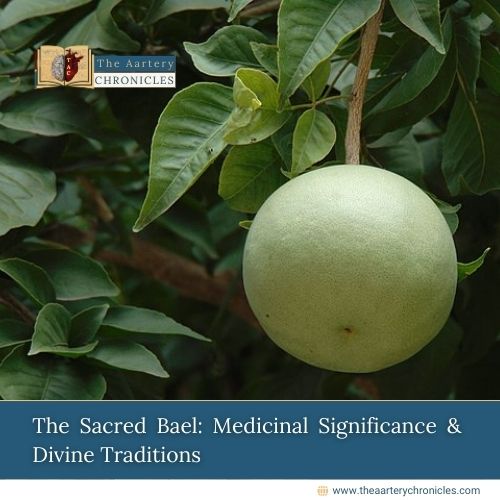

Health Benefits of Eating Fruits over Drinking Juice
When it comes to incorporating fruits into our diet, the choice between eating whole fruits and consuming fruit juice is a common dilemma. While both options offer nutritional value, the medical perspective strongly favours the consumption of whole fruits. In this blog, we will explore the benefits of eating fruits over drinking juice from a medical standpoint, emphasizing the advantages of whole fruits in promoting overall health and well-being.
Dietary Fiber Content
Blood Sugar Control
Nutrient Density
Weight Management
Lower Sugar Intake
Oral Health Benefits
Interesting facts about the benefits of eating fruits over drinking juice:
Fiber Power
Nutrient Diversity
Blood Sugar Control
Satiety Satisfaction
Lower Caloric Intake
Dental Health Benefits
Digestive Health Support
Nutrient Absorption
Antioxidant Protection
Variety and Culinary Experience
Conclusion
From a medical perspective, eating whole fruits surpasses the benefits of consuming fruit juice. The inherent fiber content, nutrient density, sustained blood sugar control, improved satiety, lower sugar intake, and oral health advantages make whole fruits an ideal choice for promoting overall health and well-being. By including a variety of fresh, whole fruits in your diet, you can harness the full potential of their nutritional power and enjoy the numerous benefits they offer.
Remember, while fruit juices can still be a part of a balanced diet, the benefits of eating whole fruits are unparalleled. By opting for whole fruits, you maximize their nutritional value, fiber content, and overall health benefits.

TAC Desk








